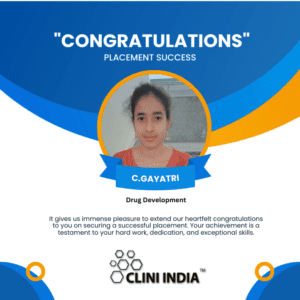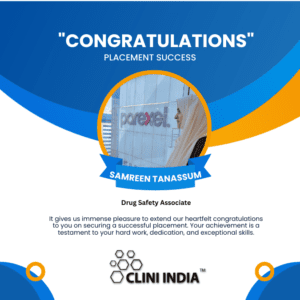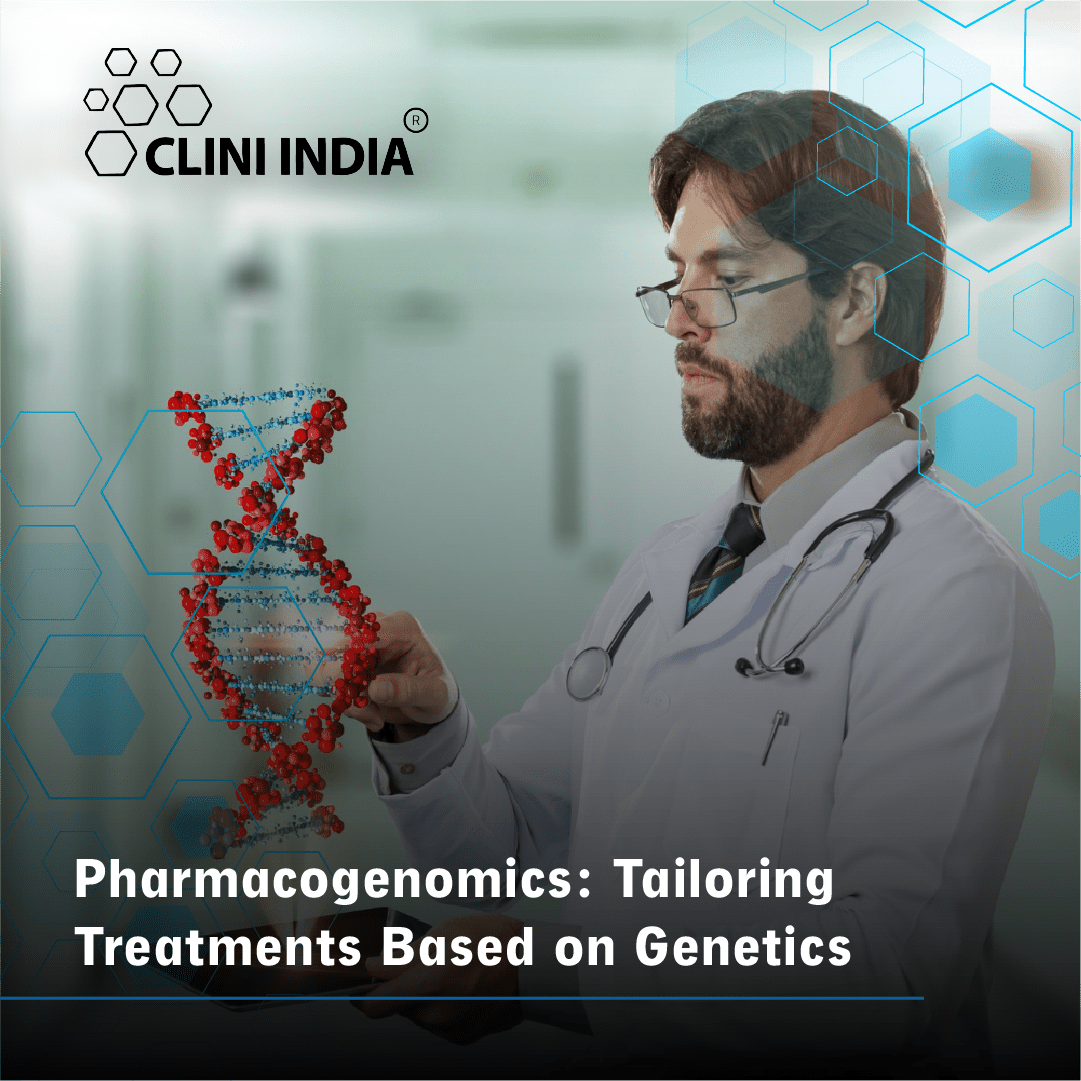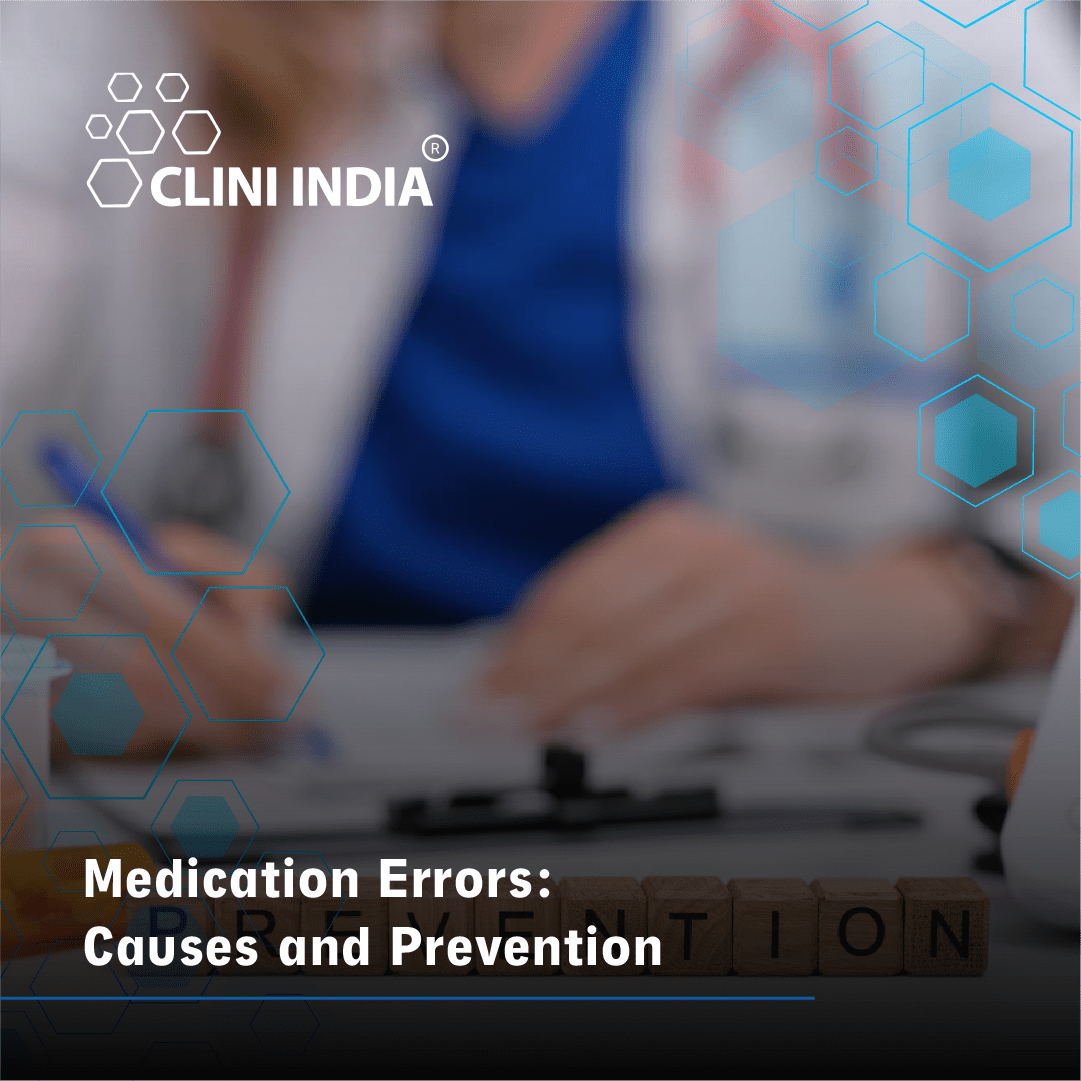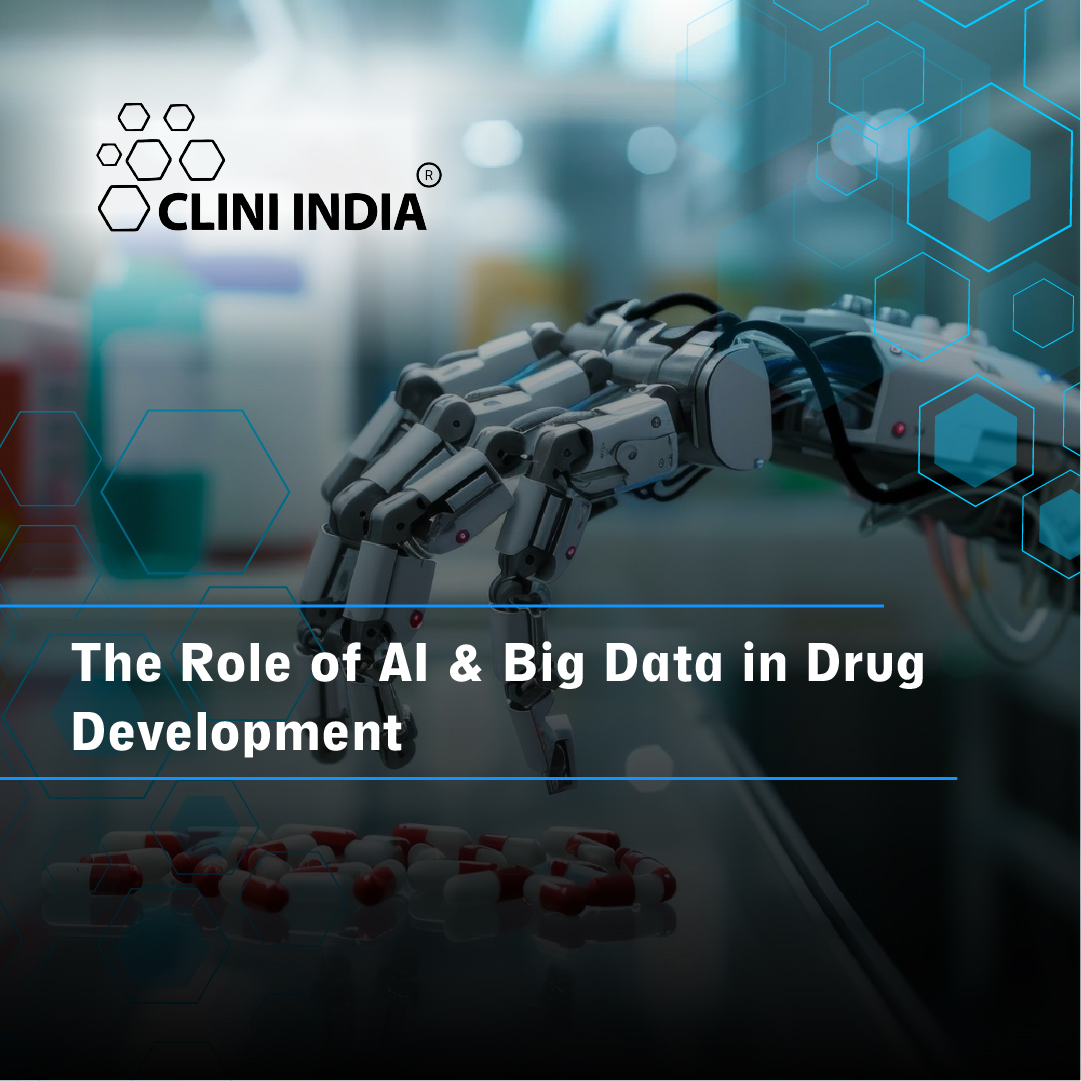
The Role of AI & Big Data in Drug Development
In recent years, Artificial Intelligence (AI) and Big Data have revolutionized various industries, and the pharmaceutical sector is no exception. The integration of these advanced technologies into drug development has accelerated research, improved efficiency, and reduced costs. From drug discovery to clinical trials and post-market surveillance, AI and Big Data are reshaping the future of medicine.
Accelerating Drug Discovery
Traditionally, drug discovery is a time-consuming and expensive process that can take over a decade and cost billions of dollars. AI-powered algorithms can analyze vast datasets of chemical compounds, predict their interactions, and identify potential drug candidates with greater speed and accuracy. Machine learning models can also help in repurposing existing drugs for new therapeutic uses, significantly cutting down research time.
Big Data further enhances this process by aggregating and analyzing information from various sources, including biomedical literature, genomic databases, and clinical trial results. This allows researchers to uncover patterns and correlations that may not be evident through conventional methods.
Enhancing Clinical Trials
Clinical trials are a crucial phase in drug development, often plagued by high costs, lengthy timelines, and patient recruitment challenges. AI and Big Data streamline this process in several ways:
- Patient Recruitment: AI-driven platforms can analyze electronic health records (EHRs) to identify eligible candidates for clinical trials, improving enrollment efficiency.
- Trial Optimization: Predictive analytics can help in designing better trial protocols, reducing dropout rates and ensuring effective monitoring.
- Real-time Monitoring: Wearable devices and AI-powered analytics enable real-time monitoring of patients, ensuring better safety and early detection of adverse events.
Improving Drug Safety and Post-Market Surveillance
Once a drug is on the market, AI and Big Data play a pivotal role in monitoring its safety and effectiveness. AI can process vast amounts of real-world data, including social media discussions, patient reviews, and adverse event reports, to detect potential safety concerns earlier than traditional pharmacovigilance methods.
Big Data also facilitates precision medicine by analyzing patient-specific data, allowing healthcare providers to prescribe the most effective treatments based on an individual’s genetic makeup, lifestyle, and medical history.
Challenges and Future Prospects
Despite the numerous benefits, the adoption of AI and Big Data in drug development faces challenges such as data privacy concerns, regulatory hurdles, and the need for high-quality, standardized data. Addressing these challenges requires collaboration between pharmaceutical companies, regulatory bodies, and technology experts.
Looking ahead, AI and Big Data will continue to drive innovation in drug development. As these technologies advance, they promise to make drug discovery faster, clinical trials more efficient, and patient care more personalized. The future of medicine is undoubtedly data-driven, and the integration of AI and Big Data will be instrumental in shaping the next generation of pharmaceuticals.
AI and Big Data are transforming drug development by enhancing efficiency, reducing costs, and personalizing treatment approaches. As the industry continues to embrace these technologies, we can expect a future where life-saving drugs reach patients faster and more effectively than ever before.


















